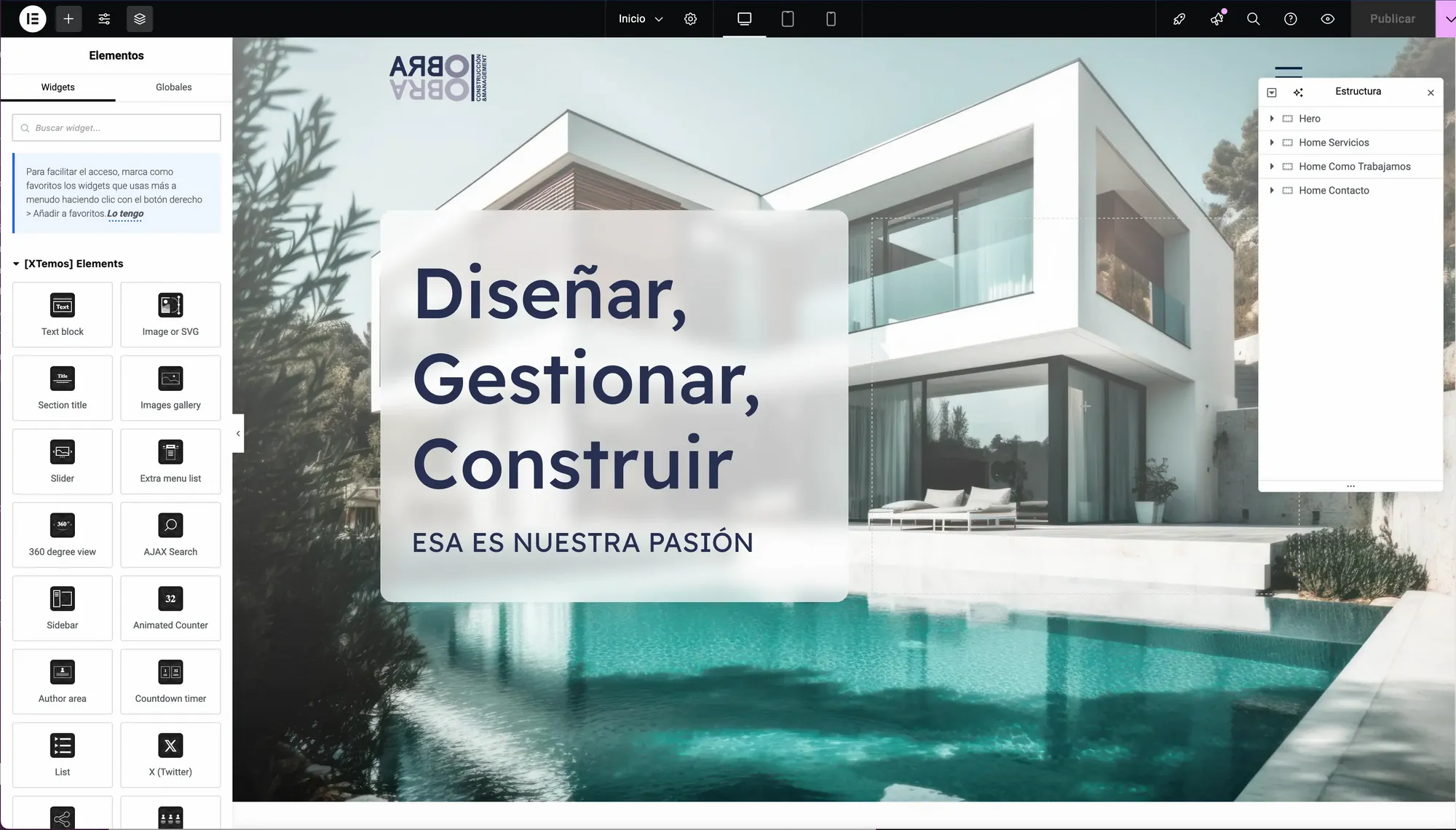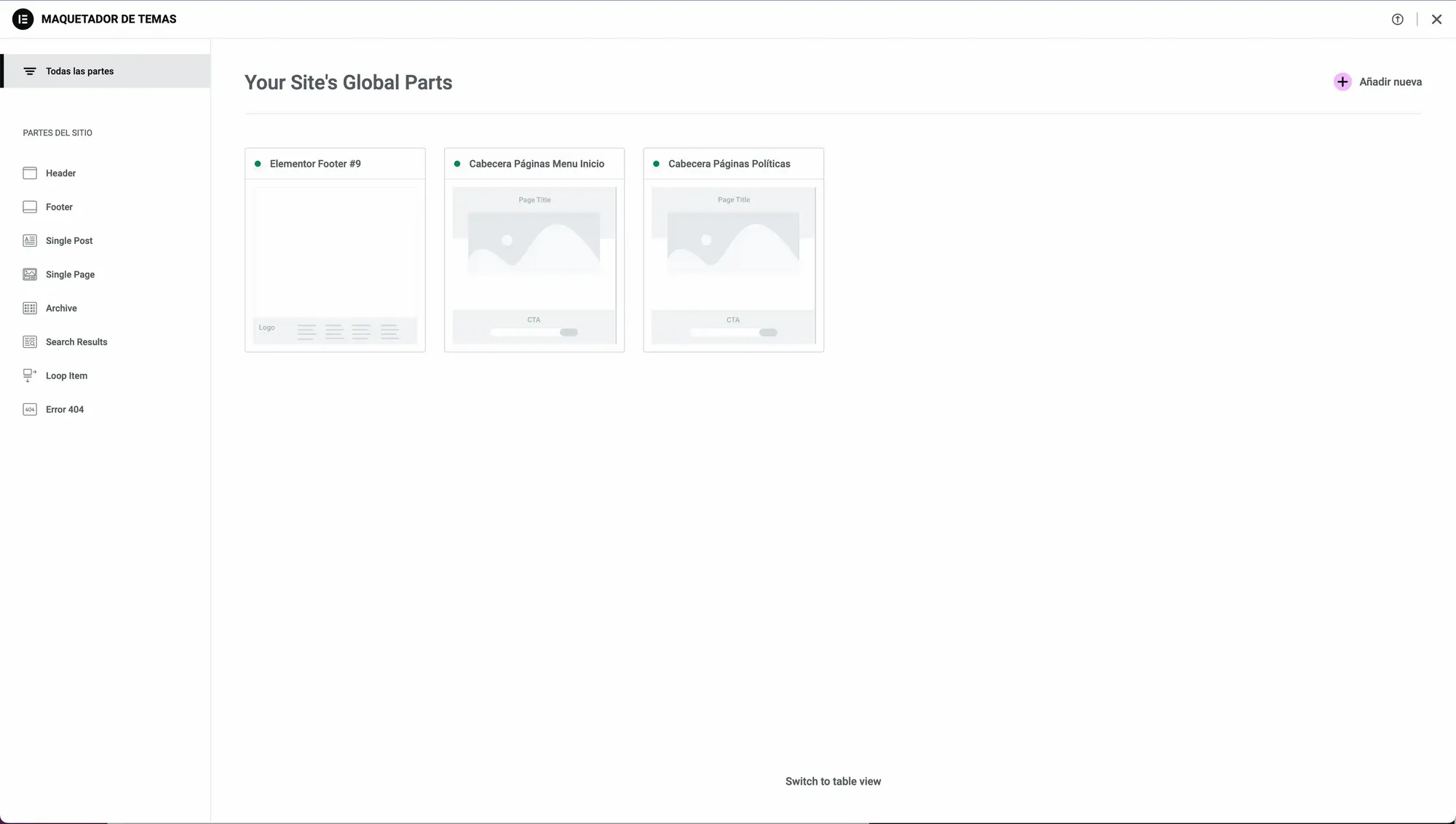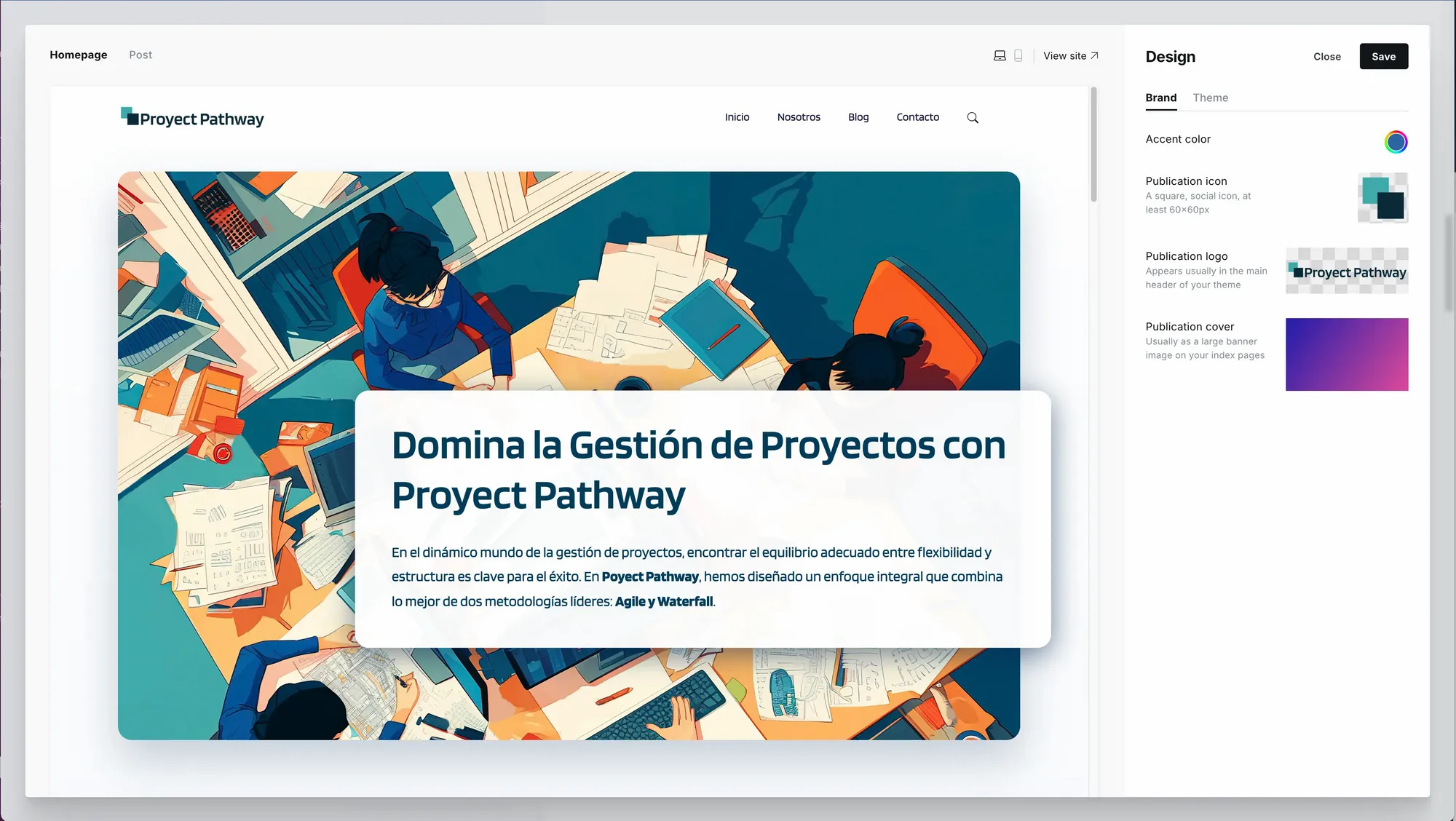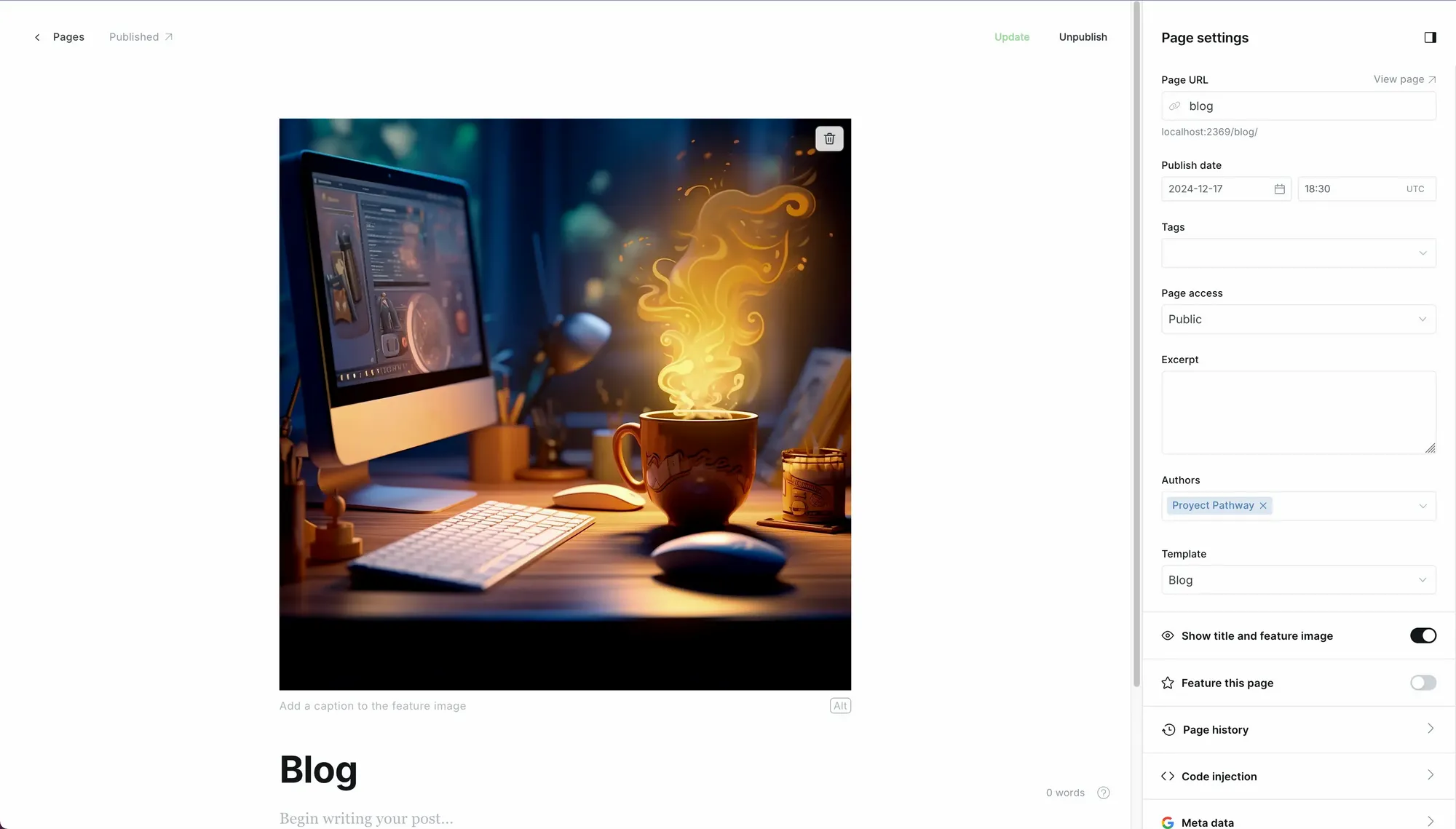In the world of content managers (CMS), choosing the appropriate platform can make the difference between success and frustration in a digital project. WordPress and Ghost are two popular options, but each is designed with an approach and specific capabilities that make them ideal for different types of users and objectives. While WordPress stands out for its flexibility and ecosystem, Ghost is positioned as a minimalist and high performance tool focused on content publication. In this article, we will explore the strengths, weaknesses and the levels of knowledge necessary to work with each one, helping you to make an informed decision for your next project.
WordPress
Strengths:
- Thousands of plugins and themes allow to create almost any type of website, from blogs to online stores and applications.
- Its modular architecture allows advanced customizations.
- A large number of forums, tutorials and documentation available.
- It supports multiple languages and has a simple integration with third -party tools such as Google Analytics, CRMS, etc.
- Plugins such as Yoast SEO facilitate optimization for search engines.
- It is one of the oldest and most widely adopted CMS, which guarantees constant stability and update.
Weak points:
- You need regular nucleus, plugins and topics updates to avoid vulnerabilities and safety failures.
- If you are not properly optimized (for example, with too many plugins), you can become slow.
- Although it is easy to use, some advanced configurations can be complex.
- It is a frequent target of attacks due to its popularity, although with good practices it can be safe.
NECESSARY KNOWLEDGE LEVEL:
- Beginners : They can create basic sites using a hosting administered with pre -designed themes.
- Intermediate/advanced users : They require knowledge in advanced customization, PHP, HTML/CSS and server maintenance.


Ghost
Strengths:
- Designed specifically for writers, bloggers and publications. Excellent for company websites with blog.
- Clean and minimalist writing interface, with support for Markdown.
- Built with node.js, it is extremely fast compared to WordPress.
- Native SEO functionalities, without additional plugins.
- It does not depend on external plugins, which reduces compatibility problems.
- Ideal for those who need a simple but powerful platform for content publications.
- The performance is excellent (very fast by design).
- Maintenance is minimalist, with fewer fault points and safer.
Weak points:
- It does not have a comparable offer of plugins and topics such as WordPress.
- Less options for complex projects such as e-commerce or personalized applications.
- Although it is growing, its user and resources base is not as extensive as WordPress.
NECESSARY KNOWLEDGE LEVEL:
- Beginners : The use of Ghost CMS is really simple.
- Intermediate/advanced users : To edit the templates you will need knowledge of HTML/CSS and basic knowledge of command line and node.js.




In short, both WordPress and Ghost are robust solutions, but their suitability depends on your needs and objectives. If you are looking for flexibility and the possibility of expanding your site towards complex functions, WordPress is the ideal option. On the other hand, if your priority is speed, simplicity and an optimized experience for content creation, Ghost is difficult to overcome. Evaluating your resources, knowledge and the purpose of your project will help you choose the tool that best suits you.




